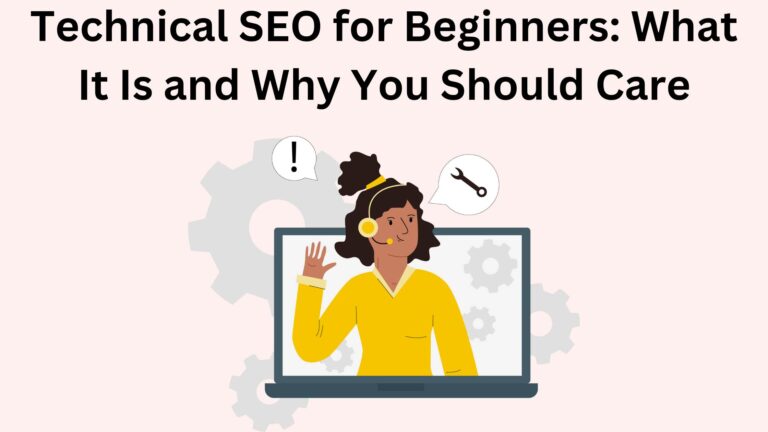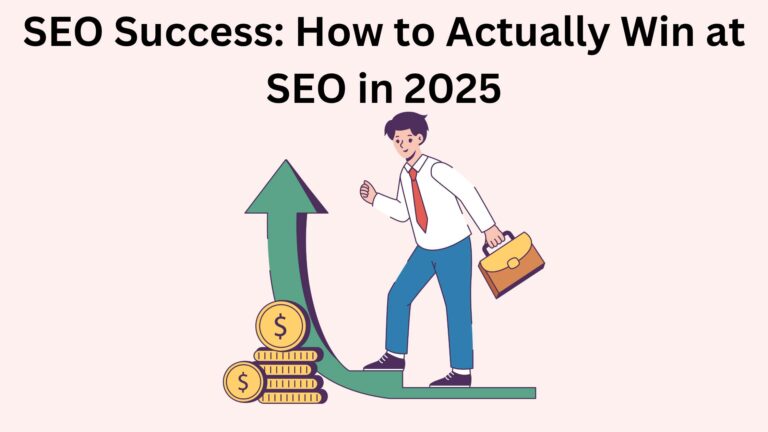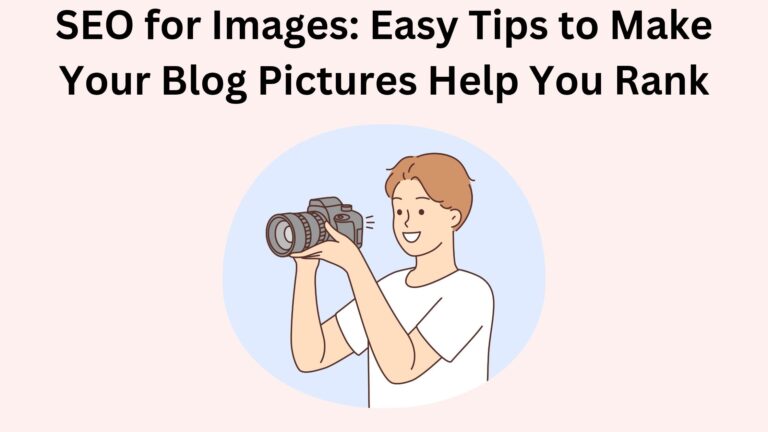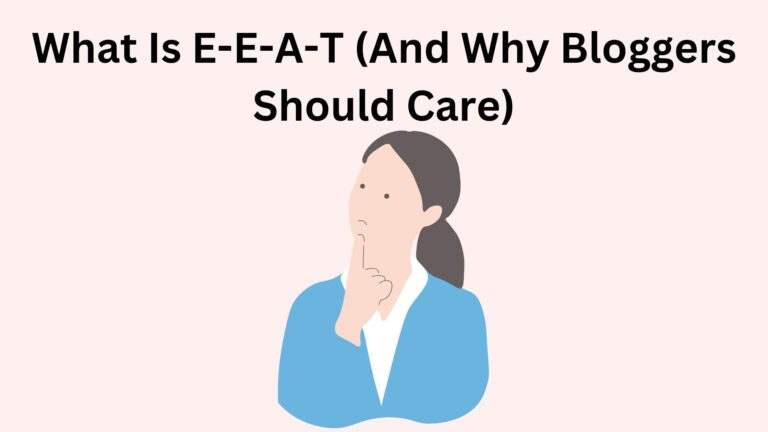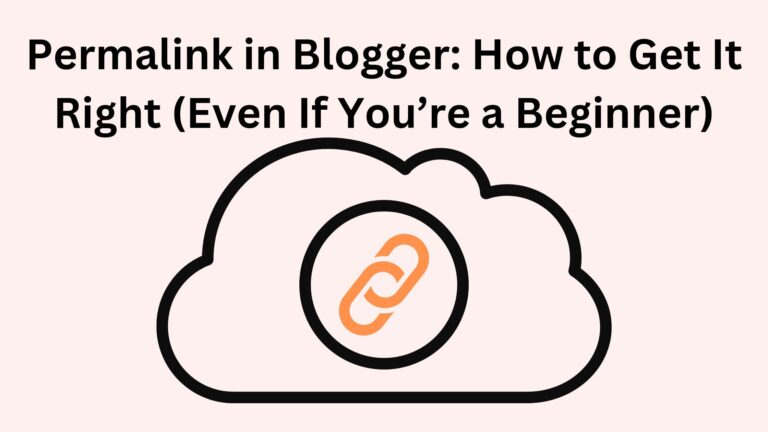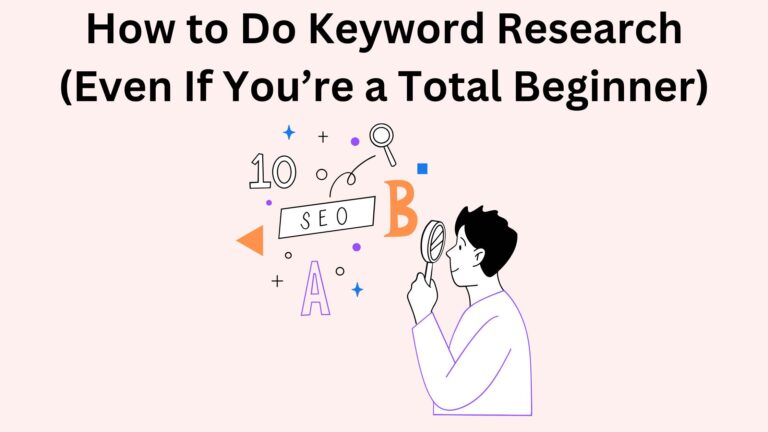Mastering Search Engine Optimization: A Simple Beginner’s Guide
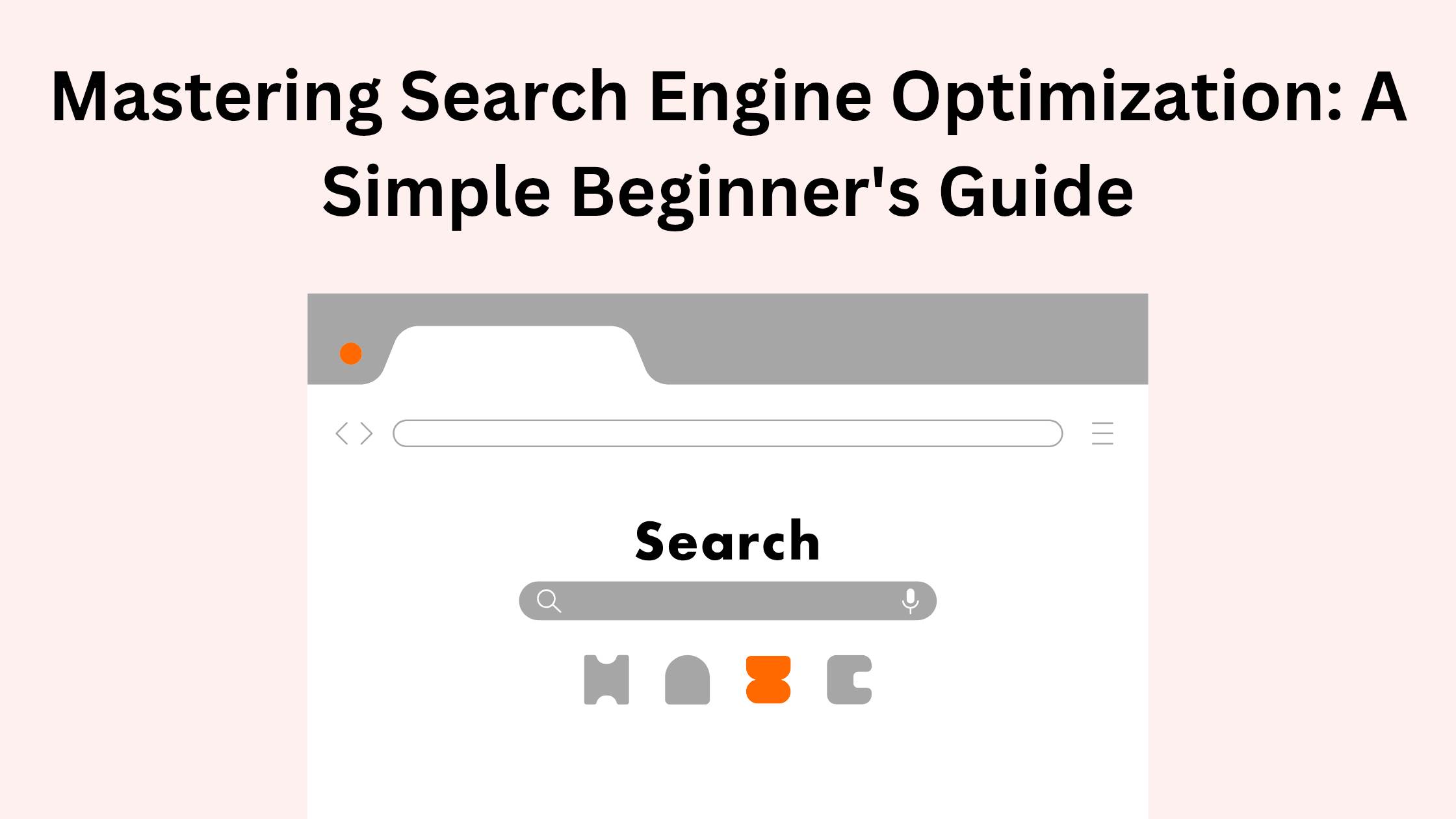
Mastering Search Engine Optimization: A Simple Beginner’s Guide
If you’ve ever asked yourself, “How do websites show up on Google?”, then you’re already thinking about SEO — even if you didn’t know it.
Mastering Search Engine Optimization might sound technical or scary at first.
Let’s break it all down in a way that actually makes sense.
What is SEO? (And Why Should You Care?)
SEO stands for Search Engine Optimization.
Let’s say you write a blog post about “how to grow indoor plants.”
It’s not about tricking Google.
Why Learning SEO Is a Smart Move (Especially Now)
Right now, millions of people are searching the internet for answers, solutions, and ideas.
- Free traffic: You don’t have to pay for ads.
- Long-term results: A good post can rank for months or even years.
- Builds trust: People trust sites they find organically.
- Works 24/7: Your blog can attract visitors even while you sleep.
The 3 Main Parts of SEO (Explained Simply)
1. On-Page SEO.
- Using the right keywords
- Writing helpful content
- Optimizing your titles and images
2. Off-Page SEO.
- Getting backlinks (when other websites link to yours)
- Building your site’s reputation and trust
3. Technical SEO.
- Making your site mobile-friendly
- Speeding up your pages
- Making sure Google can “crawl” and index your content
Don’t worry — you don’t have to master all of this today.
Common Misconceptions About SEO
Before we go further, let’s clear up a few things:
- SEO is not a one-time thing, It’s a long-term strategy.
- You don’t need to be a developer, Most bloggers use simple tools to optimize their content.
- More keywords ≠ better SEO, Google wants natural, helpful writing — not spam.
- You don’t need to post every day, Quality beats quantity.
How to Start Mastering SEO (Step-by-Step)
1. Understand Your Audience
- Who are you writing for?
- What are they searching for?
2. Do Simple Keyword Research
Use free tools like:
- Google Search (autocomplete suggestions)
- Ubersuggest
- AnswerThePublic
Find out what words or phrases people use to find topics related to yours.
3. Write Helpful Content
Forget about writing for Google — write for real people.
4. Use Keywords Naturally
Place your main keyword (like “mastering search engine optimization”) in:
- The title
- The first paragraph
- At least one subheading
- A few times throughout the post
But don’t force it.
5. Optimize Your Title and Meta Description
Your title should be:
- Clear
- Catchy
- Keyword-friendly
Your meta description is the short summary that shows up in search results.
6. Make Your Site Mobile and Fast
Use a clean theme, compress your images, and avoid too many plugins or widgets.
7. Build Internal Links
Link to your own related posts.
8. Share and Promote Your Content
SEO and promotion work together.
Best Free Tools for Beginners
- Google Search Console – Shows how your site is performing in search
- Google Analytics – Tells you who’s visiting and what they’re reading
- Ubersuggest – Great for keyword ideas and traffic estimates
- Yoast SEO (for WordPress users) – Helps optimize posts (Blogger users can do it manually)
What to Avoid as a Beginner
- Don’t copy other sites – Google values original content
- Don’t stuff keywords – It hurts more than it helps
- Don’t ignore user experience – Make your blog easy to read and navigate
- Don’t expect overnight results – SEO takes time, but it’s worth it
Final Thoughts: SEO Is a Skill You Can Learn
Mastering search engine optimization doesn’t happen overnight.
Think of SEO like planting seeds.
You don’t need to be perfect.
Need help?
Related Articles:
👉 What Makes Content “High-Quality”? (And How You Can Easily Create It Too)
👉 Internal Linking Made Simple: The Easy Way to Boost Your Blog SEO
👉 How to Do Keyword Research (Even If You’re a Total Beginner)
